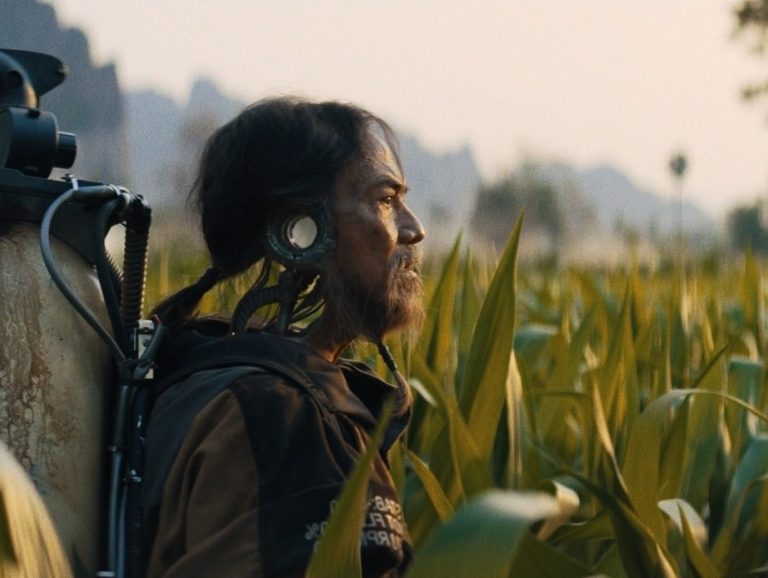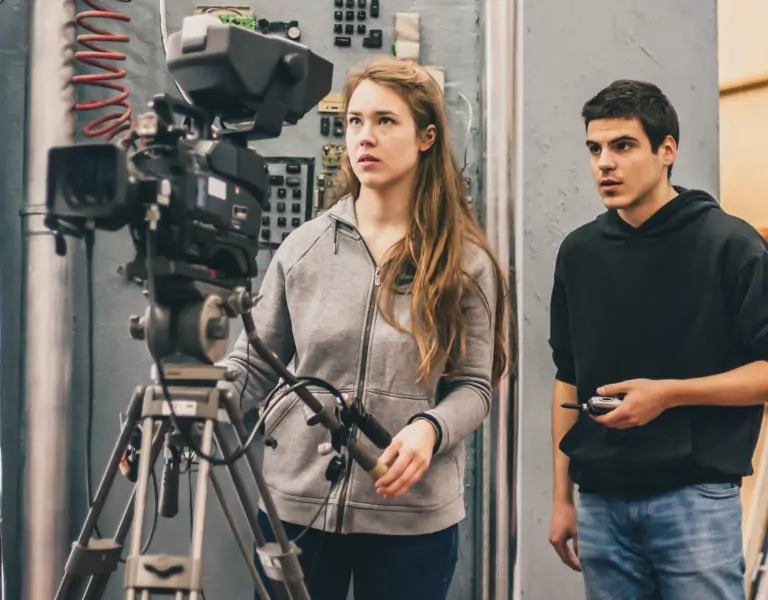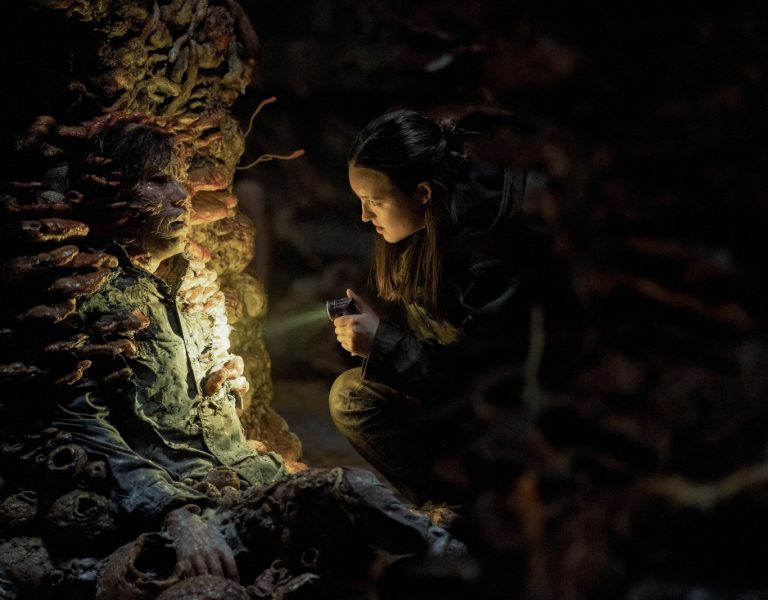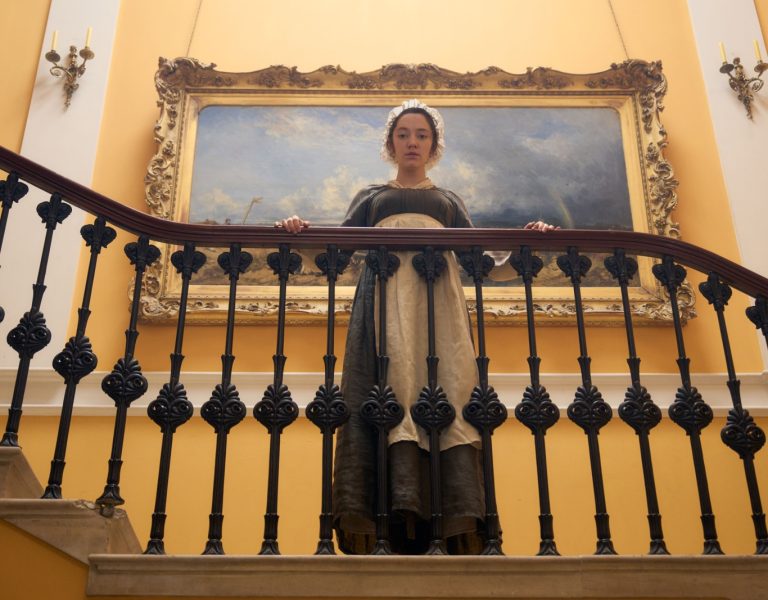LOOKING FORWARD TO 2022
I think I can speak for many people when I say 2021 was not a favourite year on many levels. Many restrictions on travel and simply working together in a closed environment have caused major disruptions and scheduling issues. Going in and out of lockdowns has caused a great deal of uncertainty, and plans will have been changed multiple times during this period.
Planning the production of a major film is difficult at the best of times and adding the pandemic into the mix cannot have been easy. However, looking at the long list of films eligible for the BAFTA Awards this year, there have been a significant amount produced on a wide variety of subjects.
BAFTA Awards season
Looking at the productions made and released in 2021, there have been only a few of the “escapism” type films, where the audience is taken to a place and time way beyond reality, where we can be immersed in a story and taken to places we cannot even imagine. There are exceptions, of course, with the remake of the 1984 film Dune, also Godzilla vs. Kong, and The Last Duel.
There has been a tendency to concentrate on the factual events, or a drama/ documentary feel-good film where people are wanting to escape their surroundings and make a new beginning. Films such as Belfast, or Tick, Tick… BOOM!, as examples. In some ways, these are forms of an escapism film, overcoming extraordinary challenges and struggles to escape a place and rise to the top and be successful in a new world.

Streaming delivery
One different factor for BAFTA voters this year is the delivery of screener films by live streaming only compared with DVD in recent years. It will be interesting to see if this has any bearing upon the results of the voting, as some may struggle with the technology to get to see the films for evaluation. It requires a Smart TV with Internet access for the full experience, and I cannot see how the experience on a laptop monitor can in any way match that of a viewing theatre or a 4K TV.
Looking ahead to 2022 releases, there are more films back in the more “normal” escapism movie genre. For example, The Batman, Jurassic World: Dominion, Top Gun: Maverick, Mission Impossible 7, and Avatar 2, and even a new version of Scream, amongst others. I am sure you will have noticed these are all based on previously successful films, and I am sure all will be successful in their own way. Perhaps this is art reflecting reality, and a rather bleak 20-21 leading the way to more fantastic adventures and opportunities in 2022.
Studio space
The sheer volume of productions being planned has led to a shortage of appropriate studio space around the UK, and there are some massive new places being commissioned as studio space for future productions. This is all looking fantastic for movie production in the coming years and decades as experienced film crews will be needed to make these productions. The key is to make yourself available and trained in the latest technology, whether that is in cameras, sound, lighting, grip, post-production, special effects, or any one of the many other specialist areas in film making.
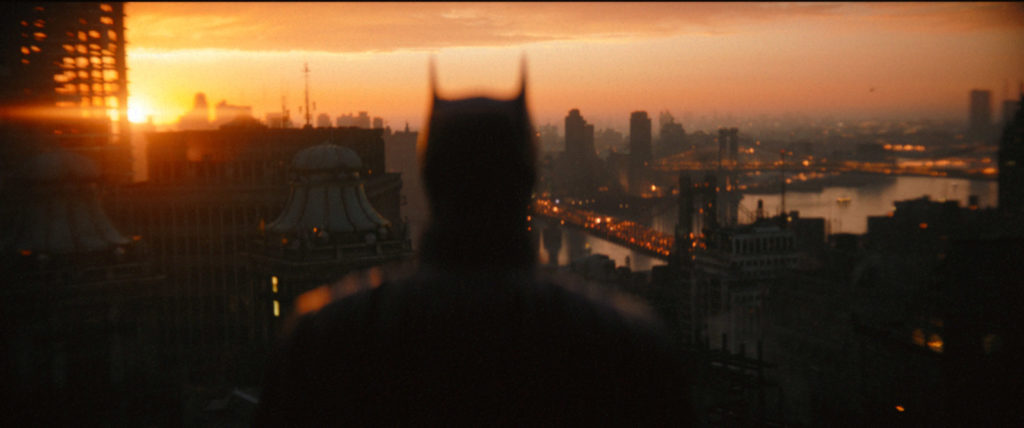
Getting started
If you are a looking to make your future in the film business, then there are several ways to get your first foot in the door. This is unlike any other business in many ways, and getting a start is one of the big challenges. Starting at the ground floor of any department will make you a much more knowledgeable and informed person who will rise through the ranks as quickly as your talent allows. There is no real short cut, it’s either working in camera or lighting or grip rental, learning the gear and what it does, and having that foundation of knowledge that will take you to the next level.
Moving up the ladder in your chosen area is a challenge for the future. One of the great ways to get a start is through the GBCT camera trainee scheme, a very highly respected and sought-after scheme for those who are at an early stage of their career and want to make working in motion pictures their future.
GBCT Camera Trainee Scheme
The GBCT Camera Trainee scheme is aimed at future technicians who want to work predominantly on fiction productions. The Guild has been running its Trainee programme for several years now. To ensure relevance and to meet industry needs, the GBCT Board has developed a more inclusive and flexible programme that involves a great number of Guild members to teach and further support trainees as well as ensure that the skills gained meet the highest GBCT standards.
Due to COVID, the start date for the 2021 Camera Trainee intake was delayed, but all eight camera trainees have since been working on large and smaller budget features and TV dramas around the country.
Although it will have been a challenging year for many productions, there seem to have been many opportunities for trainees to work on set to gain some much sought-after experience. If you would like to be considered for the scheme it may be wise to start preparing now.
The scheme has run every two years and the next intake will start in 2023, with the application and selection process taking place towards the end of 2022. Whilst that seems a long way off, it is worth seeing how you can prepare for the potential selection before then. If you have a passion for filmmaking and want to make it your career choice, then this is the best route to take.
The selection process to become a GBCT camera trainee is rigorous and competitive. There are no hard and fast rules to becoming a camera trainee and no boxes to tick that guarantee you a place. But you must have a proven interest in the art and craft of cinematography, be technically competent, and know how to add up figures correctly! It’s also important to have a good work ethic, be a team player, have patience, nice manners, the ability to take/receive orders, and even to think out of the box occasionally! Having a good memory is essential. The ability to make good tea and coffee is also of paramount importance!
An overview of the scheme
The selection procedure: The Board agrees to schedule a new trainee scheme and details are released about the ways to apply. A deadline date is given for applications to be received into the Guild office. Applications can be sent via email (info@gbct.org) or by post to the GBCT’s office.
Firstly, an important point; this scheme is only open to people who have the right to live and work in the UK.
A group of GBCT members get together and examine each application and prepare a shortlist of people to be interviewed. Interviews are arranged and another group of Guild members form the interview panel. This panel meets the interviewees and prepares a shortlist of 12-14 people to attend the trainee course which those selected are invited to attend.
A 6 or 7-day course specifically designed for Guild Camera Trainees is then run for those shortlisted. (The people selected are expected to pay for the course, but it will be the best value for money they will spend on their career development.)
A further set of Guild members are tutors on the course with other GBCT members attending to help if required. Other Guild members provide informal talks about their specialist roles in the industry
On the final day of the course, even more Guild members attend and test the trainees to see what they have learned and absorbed (called the assessors). The trainees are given three different formal types of tests – oral, written, and practical. In addition, the assessors observe the trainees at ‘work’ on the different tasks they are set.
When the course is complete, all the Guild members involved at various stages of the process discuss which of the trainees should be selected.
Finally, the trainees are selected and put forward as a trainee for many productions. This lasts for 18 months to two years, and firmly establishes the right people in the business.
Depending on how buoyant the industry is, it usually takes about eighteen months to two years for trainees to get sufficient experience of working on a variety of productions – including feature film, television drama or commercials – before deciding how they should go on to develop their careers.
Most trainees move on to become 2nd ACs/clapper loaders. Others complete additional training to channel their energies into being DITs or video assist operator, take electrical qualifications and move across to become electricians, or move into the documentary or factual entertainment side of the industry as camera assistants.
Other trainees have started their own companies shooting material for corporate and online content programmes. A few have gone on to be trainees to specialise in either shooting underwater or aerial camera work. The GBCT is very pleased with the Guild’s camera trainees’ progression, and even prouder to find many trainees applying to become full members of the Guild once they’ve achieved sufficient experience and credits as 2nd ACs.
The effects of the pandemic
Some people have sadly left the business, yet it is now looking quite rosy and buoyant for the coming years. Some have re-assessed their career choices and moved on, leaving a shortage of talented and experienced people. Truck drivers delivering the equipment around the country are vital, and their skills have been seen to be in short supply, hence the cost will rise.
One factor that will change as time goes on is the rates charged for equipment rental, and some in production have not really kept pace with the technology and what that now costs. A simple tungsten space light in years gone by has now been usurped by highly advanced LED panels. They can provide many more features for the DP and gaffer, such as accurate control of millions of potential colours, dimming with no colour shift, built-in effects, and full remote control of the fixture. However, an LED panel is more expensive to buy, (and thus hire) than a space light. There can also be a six-month lead time to purchase some items, and there is only a finite amount available at any one time. There is a scarcity value to them.
If you are in production and you have a certain budget, it is worth discussing at an early stage your requirements and whether you have a decent budget, as more often than not the budget does not match the ambitions of the DP.
One of the factors that has emerged was mentioned by Tim Potter GBCT in his piece in this issue. For the first time in many years, the short supply and high demand means higher rates can be charged for technicians. Now that’s a positive note to end on.
Happy New Year.
John Keedwell GBCT

